
If This Child Were Blind #specialneeds
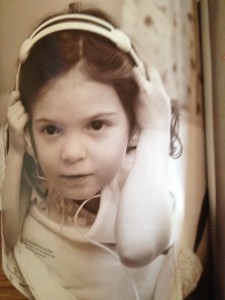 |
| Photo from Today’s Parent, this was an article I wrote for them that was published in 2008. |
This is Ainsley. Some of you know her well. Others have never met her and that’s okay. You just need to know she has multiple disabilities, aka special needs. That’s the sad fact of prenatal alcohol and poly-substance exposure. It hurts your brain, in fact it can often cause brain damage when you are in utero. (before you are born). I have seen children with FASD, fetal alcohol spectrum disorder, whose brains are essentially mapped with holes in places where another child would have regular connections. Her diagnoses, like a lot of children who are adopted from foster care are lengthy. They start with SPD and end with FASD. They are all challenging for everyone. I don’t dispute that at all. I am her mother. I know more than most how hard FASD is. But even on my worst day, or your worst day, or a teacher’s worst day, nothing touches how FASD feels for her. It is chronically waking up and forgetting things. It is everything being too bright or too loud, too tight or too scratchy. It’s forgetting how to draw the number 5, or how to zipper up your sweater. It’s not being able to understand social rules, in much the same way many kids with autism often cannot understand social interactions. It is flaming out when the adults at school fail you, or get lazy, or complacent. It’s lashing out often when nobody is watching for the triggers. FASD is a sneaky thing, tricking people who are supposed to help, into thinking because you’ve had a good month your brain injury must be gone.
This is my daughter with Deb Matthews, and me at her regular levy at New Year’s. We attend yearly because we donate to Deb Matthews’ book drive. As well, I run a non profit that helps advocate for the needs of adoptive families. We are volunteer based and we advocate at all levels for support for kids like Ainsley, and help for our families. Our families often need a higher level of support, due to education conflicts, a high rate of mental health issues present in adoptees and health issues. Ainsley often comes with me when we speak to groups at Children’s Aid about how to parent a child with special needs if you adopt a child with FASD like Ainsley. She often tells the prospective parents what school gets wrong.
This month Ainsley has been consistently under – supported at school. She has a super teacher. But her needs are not met when she is one in 17, or one in 20. Not even close. They are most certainly not met when she is one in 400 on the playground.
The March flame out is a theme that is not uncommon for Ainsley- this has been well documented every March from the time she was about four. She has very difficult times every September, December and March. June can be tricky too. She needs more support, not less during those time periods. She needs full time Educational assistant support. She gets nothing.
There is a plaque in the hall in most schools in London that says Each One Every Day. It’s like that No Child Left Behind credo that exists in the US. It is, in fact, meant to be a pledge that strongly indicates our schools in Ontario are inclusive. It is a very lovely and lofty theory. Meaningless to many parents I know parenting children with special needs. I could write you a list of all the families I know who have been forced to homeschool, but it would be the saddest post ever. Littered with special needs kids discarded by Ontario’s public schools.
If this child were blind there would be a cane. If this child were hearing impaired she might have a hearing aid. If this child were in need of a leg brace to walk it would not be taken from her in an attempt to make her independent. If she had a wheelchair, school would not one day show up and state this year you will walk.
School doesn’t work for kids like Ainsley because she has no cane, hearing aid or wheelchair as a signal to those around her that her disability is every bit as present as a physical disability. There are well known proven strategies for children with FASD, many stemming from the Western provinces where they have learned that children with this disability need lifelong support, one on one help at recess and in unstructured times. lengthy breaks for movement, sensory processing help, cuing, a sensory room – very common in the Western provinces – and an external brain. In essence when the brain is damaged in this manner a one on one support almost round the clock is essential to keep child and school safe. The external brain, is the person who helps the child with FASD function in school and life.
Kids like Ainsley fall through the cracks daily in schools that preach inclusion. That’s not even close to okay. It’s time for a national FASD strategy. It’s time Ontario’s schools made the grade and practiced what they preach. It’s time we did better than paying lip service to inclusion.

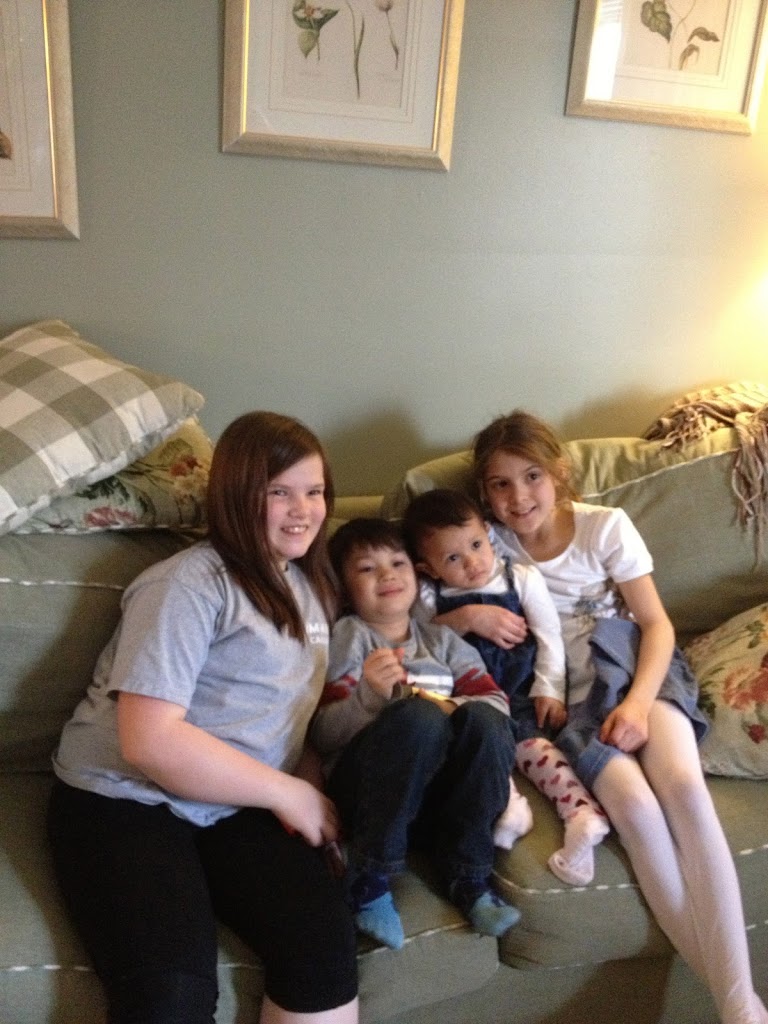
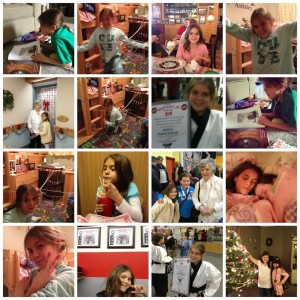
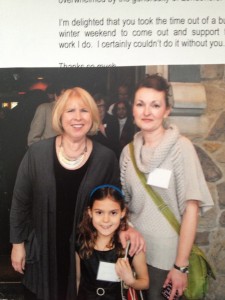
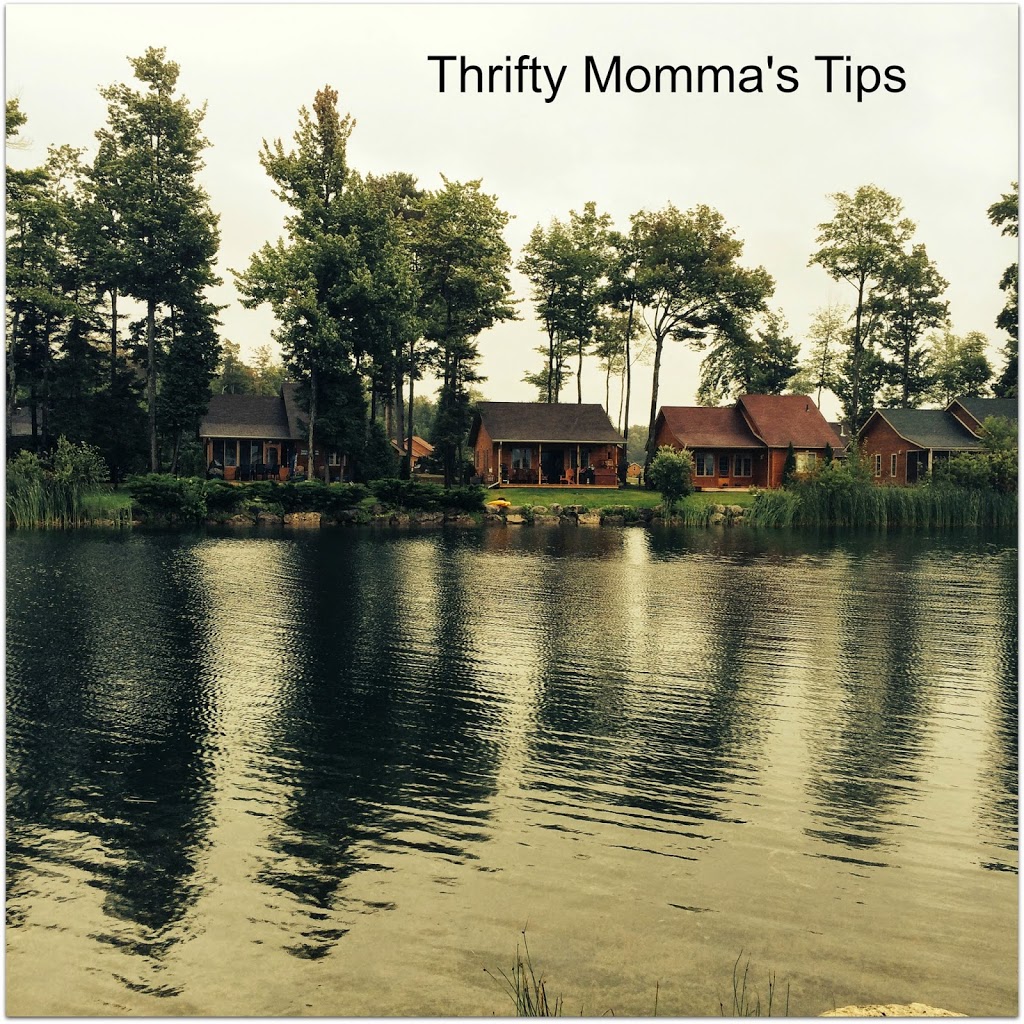
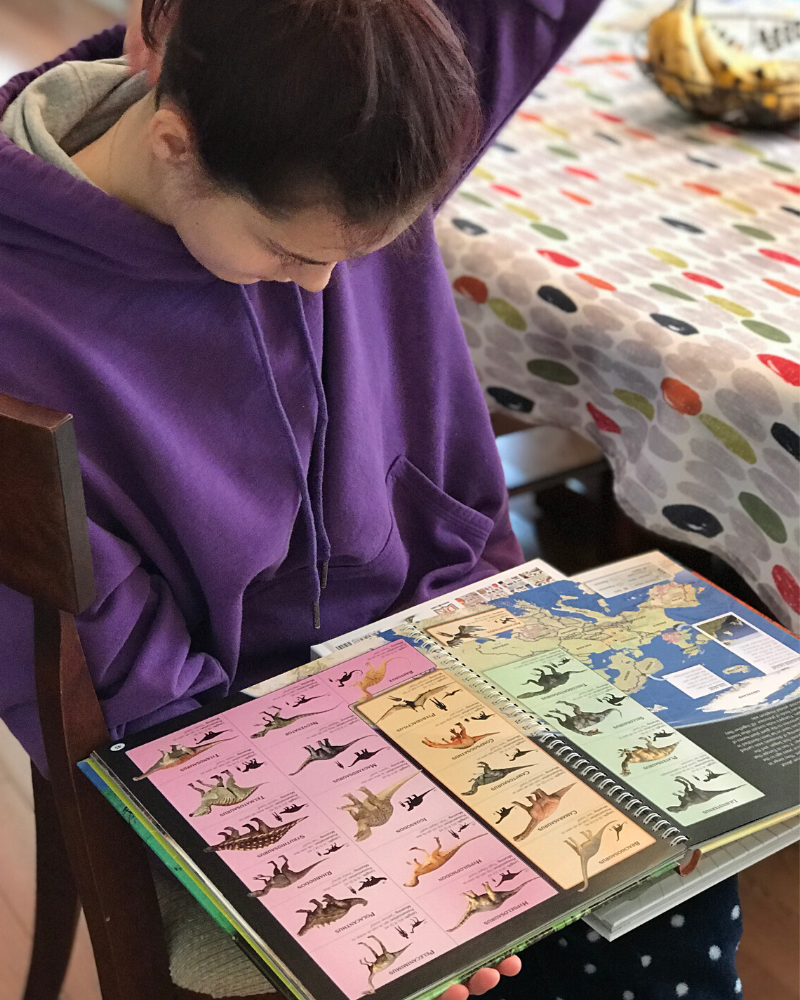
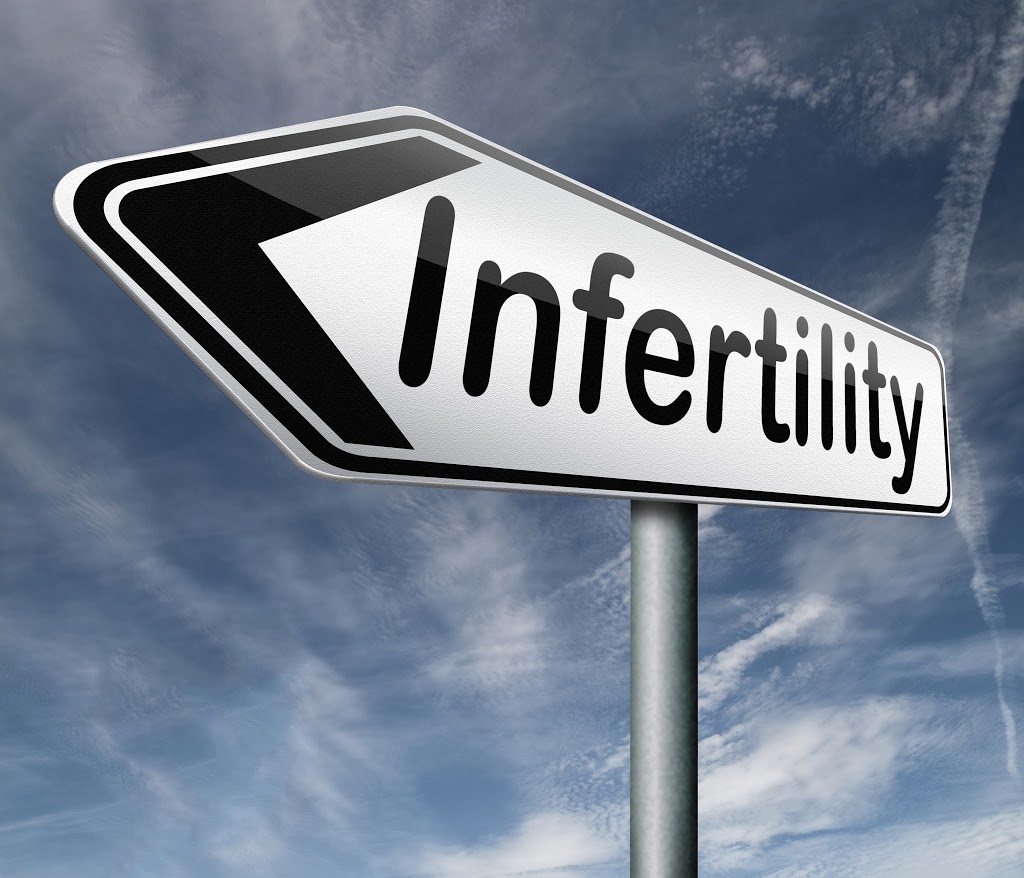
17 Comments
FashionistaDET
Such a powerful post. Thanks for sharing!
Paula Schuck
Thank you. Very sad that schools fail so many kids.
OrangeHeroMama
Wow Paula! Powerful indeed!
Paula Schuck
Thanks christy! It is extra sad when our schools fail kids who have already been failed so often.
Joyce@MommyTalkShow.com
I can only imagine what it’s like to want your child be in a mainstream school environment that doesn’t meet her needs.
I pray you can find a middle ground with her school.
Paula Schuck
Thanks Joyce!
Shauna
Wow! What a post… thank you for being so honest and writing this
Cristine
There are so many things that we do not consider or realize. Thank you for bringing awareness to these issues.
QueenB
I swear I commented earlier and maybe it didn’t take- I was on my phone.
I nannied for 5 kids years ago. the littlest one, M, his mom drank vodka heavily throughout her pregnancy. A lot of what you are describing with Ainsley sounds so familiar. I’m glad you are Ainsley’s mom…she’s got a great advocate in her momma <3
Journeys of The Zoo
So sorry to hear that Ainsley is having a tough go lately. You are such a great advocate for her and others that don’t have a voice. I know that something good will come of all your hard work.
Let me know what you need from me.
Besos, Sarah
Blogger at Journeys of The Zoo
Finding Humour in Everyday Life
journeysofthezoo at hotmail dot com
Cheryl Kirkness
You are so right – schools need to do more to help children grow and learn. No child is the same and some require more help than others and the schools should be setup to accommodate this.
Just Us Girls
I can’t even imagine what you or your daughter have to go through. You are very brave and strong woman/mom, thank you share your story. It really is horrible that the school isn’t a bigger help or at least trying to make Ainsly’s days there more easier/comfortable for her. Big hugs to both you girls!
Tesa @ 2 Wired 2 Tired
What an eye-opening post. I’m so glad you shared this to bring more awareness to this. It is amazing what schools can do for some kids but then let others fall through the cracks. I hope there will change on the horizon.
Whispered Inspirations
What an amazing, powerful post. It’s shocking to think how often this is happening too. Thanks for sharing this post, things need to be changed.
Tammy inRdream
WOW Paula, you have lead me to tears. Much like Ainsley, I have a special needs sister, who is developmentally delayed in all avenues. She was not supported in the Ontario school system, she was pinned downed, locked in rooms and resistant daily and even hourly. She has been through hell and back along with my mother who has fought and fought to be her voice. I have wrote letters to the government, school boards, these are serious issues that hurt my heart thinking of the pain they cause. She is now 20 and last fall was accepted into a treatment center, her development is growing and she is doing great. It has been a long battle and I am sure we sill have many ahead of us, but for the time being she is smiling and that is all that matters. Paula thanks for sharing your story and voice, I wish I was as strong as you.
Misfit Momma
I’m in Manitoba and the school I attended had great support for the special needs students. I realized it wasn’t exactly the same in every school, especially since I did attend a different school for 1/2 a school year where they didn’t offer the same support, but I didn’t realize how different it was just one province over. How they can justify that being Okay is beyond me!
FashionistaDET
Very moving post!